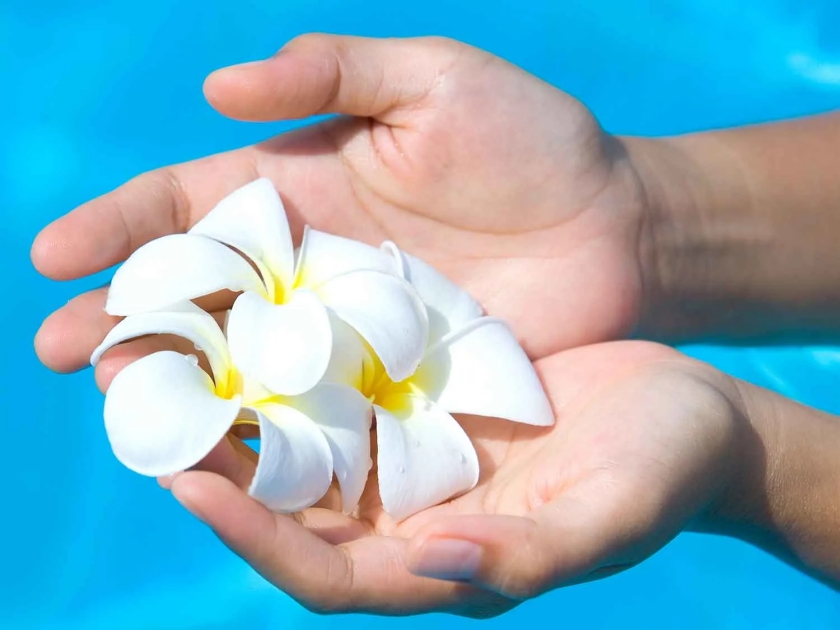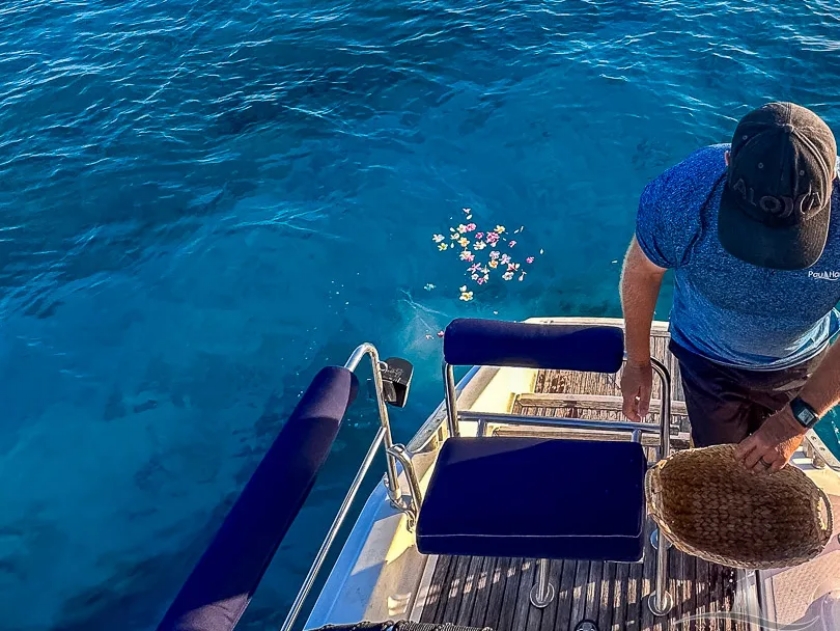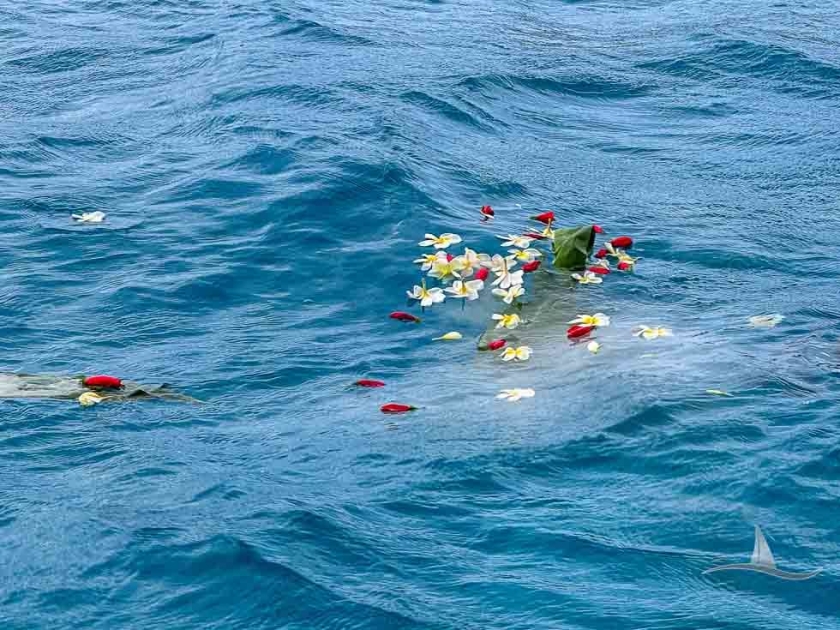Scattering the ashes of a loved one in Hawaii is a practice that intertwines with the islands’ rich cultural heritage and natural beauty. Central to this practice is the concept of kuleana, a Hawaiian term encompassing responsibility and the reciprocal relationship between individuals, the community, and the environment. Understanding and honoring kuleana is essential when considering ash scattering in Hawaii.
What Is Kuleana in Hawaiian Culture?

In Hawaiian culture, kuleana refers to a profound sense of responsibility and stewardship. It signifies the duty to care for the land (‘āina), the ocean (kai), and the community (lāhui). This concept emphasizes that with privilege comes the obligation to act respectfully and sustainably, ensuring harmony between people and nature.
Legal Guidelines for Scattering Ashes in Hawaii

Scattering at Sea
The U.S. Environmental Protection Agency (EPA) mandates that scattering ashes at sea must occur at least three nautical miles from shore. Additionally, the EPA should be notified within 30 days of the scattering.
Public and Private Land
Before scattering ashes on public lands, such as parks or beaches, it’s advisable to check with local authorities for any restrictions or required permits. When considering private property, always seek permission from the landowner.
National Parks
Each national park in Hawaii has its own set of regulations. For instance, Hawaiʻi Volcanoes National Park requires a special use permit for scattering ashes, along with a copy of the death certificate. It’s essential to contact the specific park’s administration to understand their procedures.
Regulations Surrounding Ash Scattering

Permits Required
A special use permit is necessary for scattering ashes in many areas, particularly in state parks and protected lands like Mauna Kea. This permit process often requires a death certificate and stipulates that cremated remains must be scattered discreetly, away from public view.
No Memorials Left Behind
Regulations prohibit leaving any memorials, such as flowers or personal items, at the scattering site. This is to maintain the integrity of the landscape and respect for the environment.
Cultural Sensitivity
The act of scattering ashes must be performed in a manner that acknowledges its cultural significance. Participants are encouraged to conduct these ceremonies privately and respectfully, recognizing the emotional weight they carry for families.
Environmental Considerations
Hawaii’s unique ecosystems also play a critical role in ash scattering practices. Certain areas are designated as sensitive habitats where scattering ashes is prohibited to protect local flora and fauna. For instance, scattering ashes near ʻōhelo berry bushes is not allowed due to their ecological importance. This highlights the dual kuleana of respecting both cultural traditions and environmental conservation.
Common Mistakes to Avoid
To uphold your kuleana, be aware of the following pitfalls:
- Ignoring Regulations: Disregarding federal or local guidelines can lead to legal issues and disrespect the community.
- Environmental Neglect: Using non-biodegradable materials or scattering ashes in sensitive areas can harm the environment.
- Cultural Insensitivity: Failing to acknowledge and respect Hawaiian customs can offend local communities and diminish the ceremony’s significance.
Contemporary Practices

In recent years, scattering ashes has become a contemporary practice among many Hawaiians, often replacing traditional burial methods. This shift reflects changing attitudes towards death and remembrance while still adhering to cultural values1. The act of scattering ashes can serve as a powerful ritual that connects families with their ancestors, reinforcing their kuleana to honor those who have passed.
Carry Forward Hawaii’s Spirit with Responsible Ash Scattering
Understanding and embodying the kuleana involved in scattering ashes in Hawaii is vital for creating a meaningful and respectful experience. By honoring cultural traditions, observing legal guidelines, and protecting the natural environment, you contribute to preserving Hawaii’s spirit and legacy while paying homage to your loved ones.




